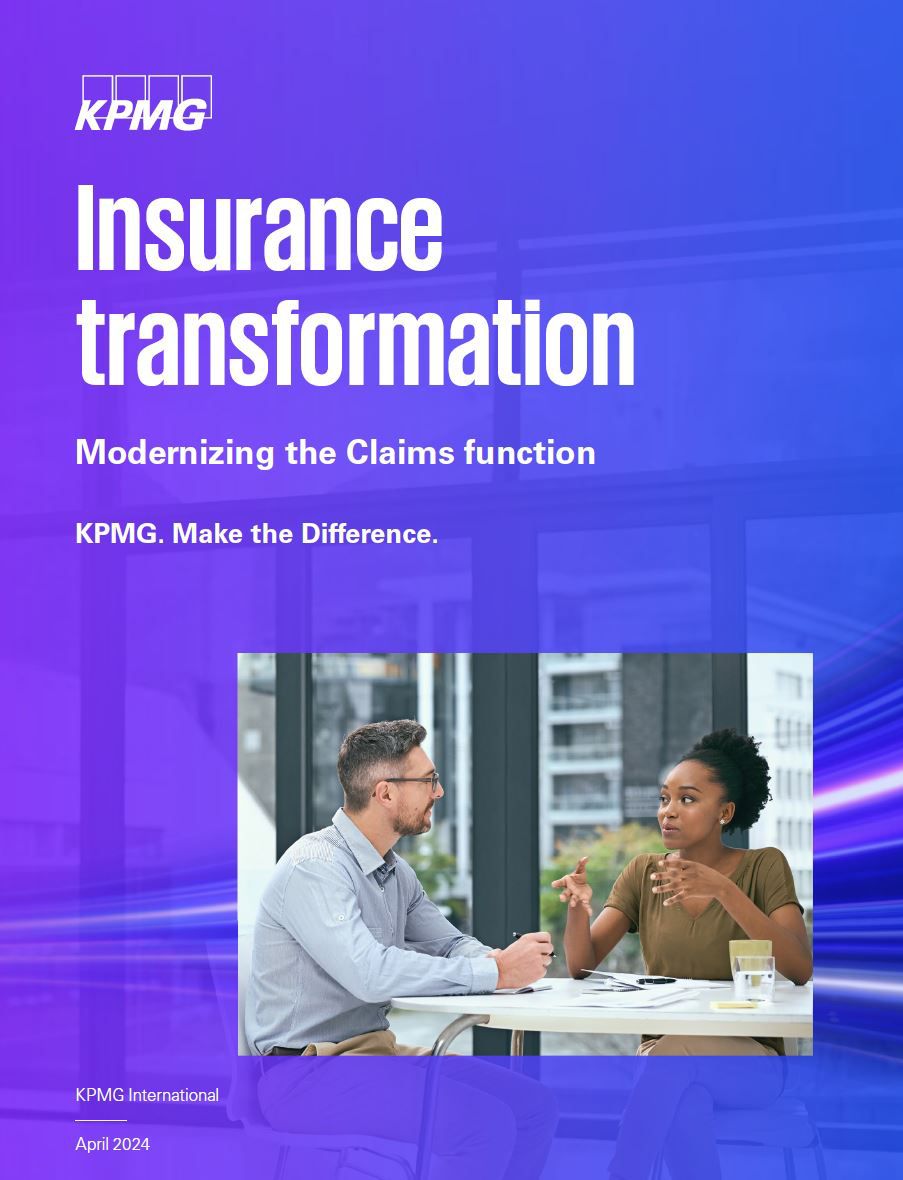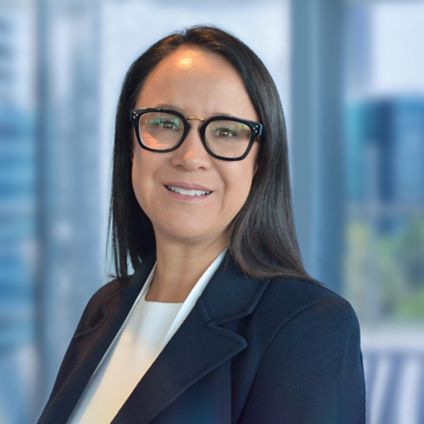Claims is one of the most underutilized strategic assets within many insurance organizations today and insurance leaders recognize it will take nothing short of a transformation to unlock the value that the function could deliver.
Insurance businesses understand that claims can make a material difference to their balance sheets. The function also plays a leading role in defining the customer experience and bringing the organizational strategy to life for clients. Yet traditional claims functions were not built to deliver on this strategic value. More often, claims organizations were built upon a foundation of technical claims handling expertise. Now the function is being asked to augment this with technology, including the potential use of artificial intelligence (AI) in order to redesign and transform how the claims function operates.
To unlock the true potential of the claims function, a deeper, more holistic and transformative approach is needed. At its core should be a steel thread that connects claims with underwriting, actuarial, finance and other key functions though an integrated, end-to-end business architecture.
In this report, KPMG insurance professionals explore some of the drivers for claims transformation in today’s market, identify the opportunities and barriers, and share key considerations to help insurance organizations on their transformation journey.

Insurance transformation: Modernizing the claims function
Insurance leaders recognize that claims transformation represents an opportunity to create competitive advantage, encourage innovative ideas and significantly differentiate the customer experience. Download this report to discover key insights and considerations to support a successful transformation of the claims function.
Download report (3.6 MB) ⤓
Claims plays a leading role in defining the customer experience
A great claims reputation attracts new customers and enables the business to grow profitably. But a poor claims process – perhaps leading to a late payment, an underpayment, or an overly-complicated and drawn-out interaction – can undermine the customer experience and hamper growth. Claims is where insurance companies can truly differentiate at moments that matter to customers.
Five key considerations for modernizing the claims function
Transformation starts with a vision of what the organization wants to become. A clear strategy – well-articulated – will help the business make the right investments and decisions as the transformation progresses. Policy language should also be assessed and clarified to reduce any ambiguity regarding coverage terms, exclusions and conditions. Traditional claims foundations will also need strengthening. At all times, the customer must be kept at the center of the business strategy and the claims strategy.
Data is central to unlocking the strategic value of claims. By leveraging data analytics, organizations can develop more precise risk and behavioral profiles for customers, allowing them to tailor pricing, coverage and underwriting decisions accordingly. However, this requires a truly clear data strategy, not only within claims but also across the wider organization. And driving value will necessitate strong analytics capabilities, skills and tools.
True transformation comes from reimagining processes with the desired outcome in mind – combining the best of business design with the best of digital claims capabilities so that the business can orchestrate all parties to support a claim and get deep visibility into each step of the processes. While thinking end-to-end, also think function to function. There are handoffs that should be considered, integration opportunities that can be found and data that can be shared.
As the claims function transforms into a source of strategic value, new and different skillsets and ways of working will likely be needed. The aim is to strike a balance between implementing efficiency-improving automation and maintaining personalized service. As the more manual activities start to become automated, claims leaders will be able to shift their capabilities to focus on architecting the end-to-end experience using data and analytics to engage business partners in new ways.
One of the main reasons that many transformations fail is because people tend to fall back into old habits. But there are tools and mechanisms that can be put in place to assess and manage how new approaches are being adopted. Real and sustainable transformation requires insurance organizations to take a holistic approach that goes beyond technology implementation. Knowing what measures to track and how they can be influenced is key to driving value from claims transformations.
Transformation never stops. Neither do we.
KPMG professionals believe transformation starts with people. Our global network of experienced insurance professionals provides clients with deep industry knowledge, actionable insights and implementation expertise, helping to realize the full potential of their people and technology, and working together to achieve successful transformation. Because when people and technology are in harmony great things happen.
Making a world of difference
KPMG people can make all the difference on your transformation journey. Together we can help you to orient your business around the customer, optimize functions for a new era, manage enterprise risk and regulation for a safer future, rise to a new level of value creation, and create an environment for managing ongoing change.
Contact your local KPMG member firm to learn more about how KPMG can help you successfully transform your claims function.
Explore our latest insights
Why work with KPMG in Thailand
KPMG in Thailand, with more than 2,000 professionals offering Audit and Assurance, Legal, Tax, and Advisory services, is a member firm of the KPMG global organization of independent member firms affiliated with KPMG International Limited, a private English company limited by guarantee.




